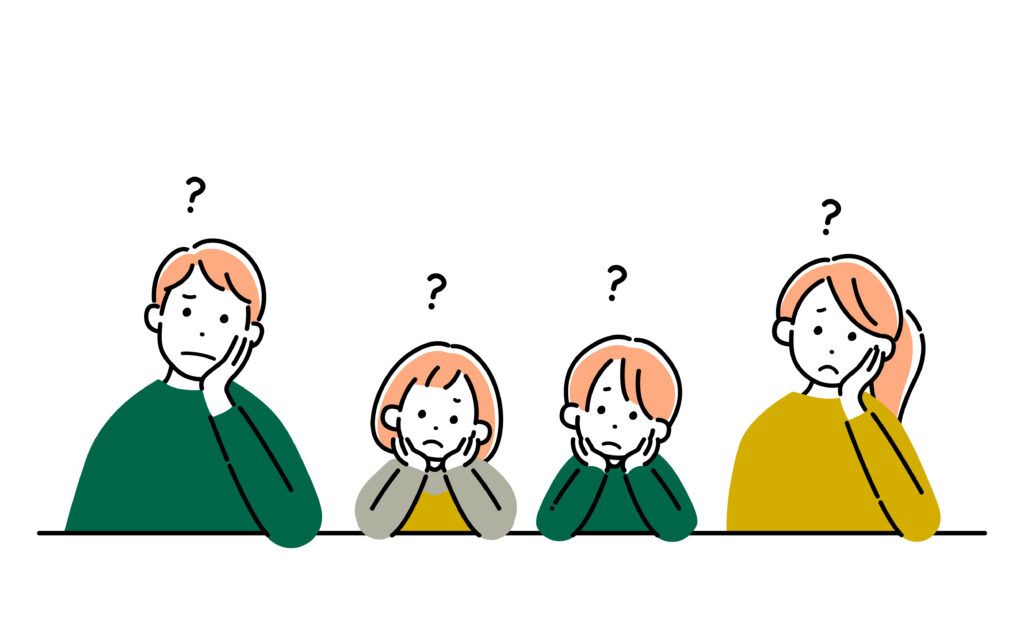What are the implications of the myth of the ‘traditional’ nuclear family for fertility?

Rebecca Sear, London School of Hygiene and Tropical Medicine
In the Western media and several academic disciplines, the ‘traditional’ family is typically considered to be a male breadwinner, female homemaker isolated nuclear family. In this version of the family, gender roles are rigidly proscribed and nuclear families (a husband-wife-children unit) are assumed to be economically autonomous. Anthropological and historical data clearly show this version of the family is a very unusual one cross-culturally, and one which is likely relatively novel in human history. This talk will present evidence that the ‘traditional’ family is one in which gender roles are more flexible, and in which parents receive considerable support for raising children from extended family members and others. Given the importance of support from beyond the nuclear family in raising children throughout history, the talk will also consider what implications the myth of the ‘traditional’ male breadwinner, isolated nuclear family might have for fertility in contemporary societies.
Rebecca Sear is a demographer and anthropologist at the London School of Hygiene and Tropical Medicine, interested in bringing an interdisciplinary approach to demographic and health topics. She has a particular interest in the family, and how intergenerational support influences health and fertility: https://www.rebeccasear.org/
